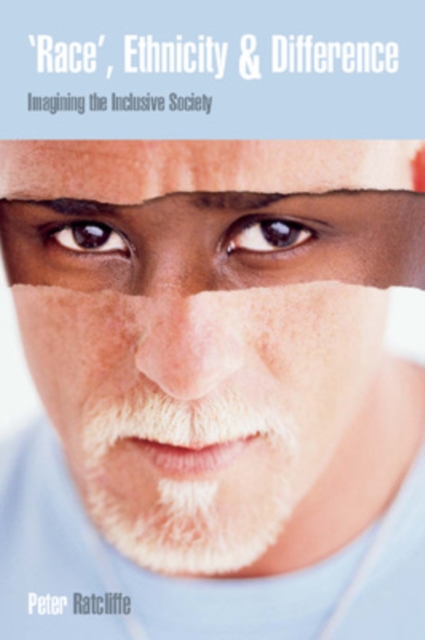
Race Ethnicity and Difference: Imagining the Inclusive Society PDF
by Peter Ratcliffe
Description
"This excellent book provides an extremely readable account which deserves to be widely read by a more general audience. In short, the author, in making sense of current imaginings, presents a mix of theoretical and empirical debates, as he challenges exclusionary forces. The books principal aim is to take a critical look at the nature and sources of inequalities in contemporary societies and examine the prospects for an inclusive society. This aim captures an important strength of the text, as the analysis attempts to move beyond simple description and provide explanations and possible solutions to enable policy and practice to tackle disadvantage and discrimination."
Social Policy
This book addresses many of the key problems facing contemporary societies. The social significance attached to various forms of difference, most notably race and ethnicity, has been seen as resulting in the exclusion of some groups from their full rights as citizens. This, in turn, is viewed as presenting a series of barriers to the creation of more inclusive societies. Peter Ratcliffe explores these arguments in a variety of substantive contexts, for example immigration and the treatment of refugees and asylum seekers; housing and segregation; education; labour markets; and policing and urban conflict. Particular emphasis is placed on the role of social agency, on the part of minorities, in confronting exclusionary forces.
This lively and highly readable account deals with difficult theoretical, ethical and policy issues without resort to unnecessary jargon. It is essential reading for undergraduate students in sociology, social policy, urban geography, law and political science, and is also of value to the general reader and researcher.
Information
-
Download - Immediately Available
- Format:PDF
- Pages:208 pages
- Publisher:McGraw-Hill Education
- Publication Date:16/06/2004
- Category:
- ISBN:9780335227556
Other Formats
- Paperback / softback from £24.85
Information
-
Download - Immediately Available
- Format:PDF
- Pages:208 pages
- Publisher:McGraw-Hill Education
- Publication Date:16/06/2004
- Category:
- ISBN:9780335227556






